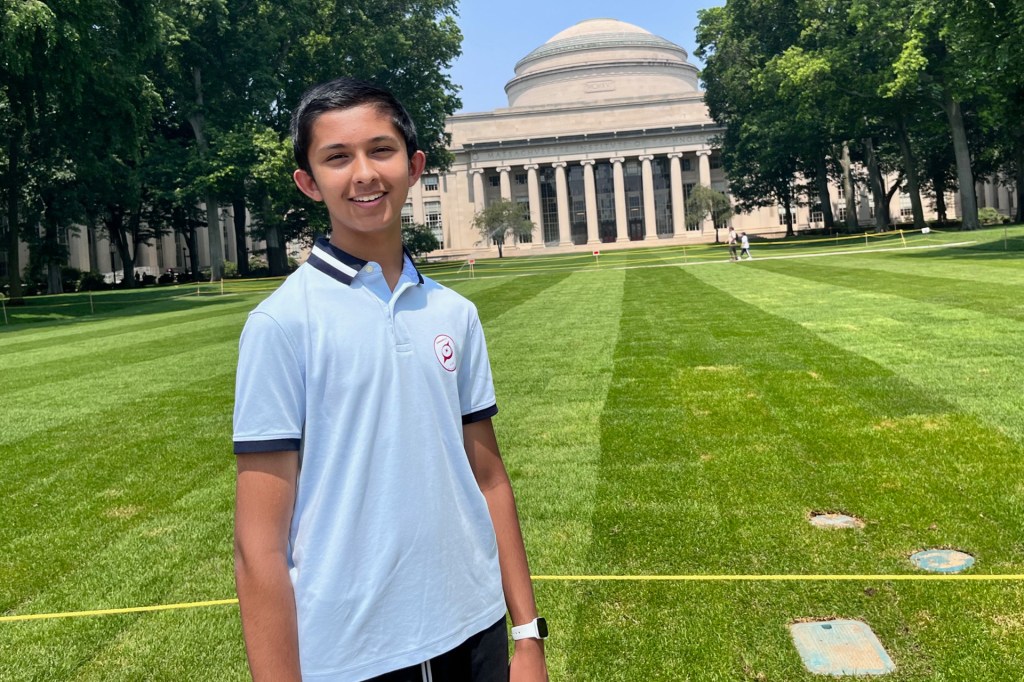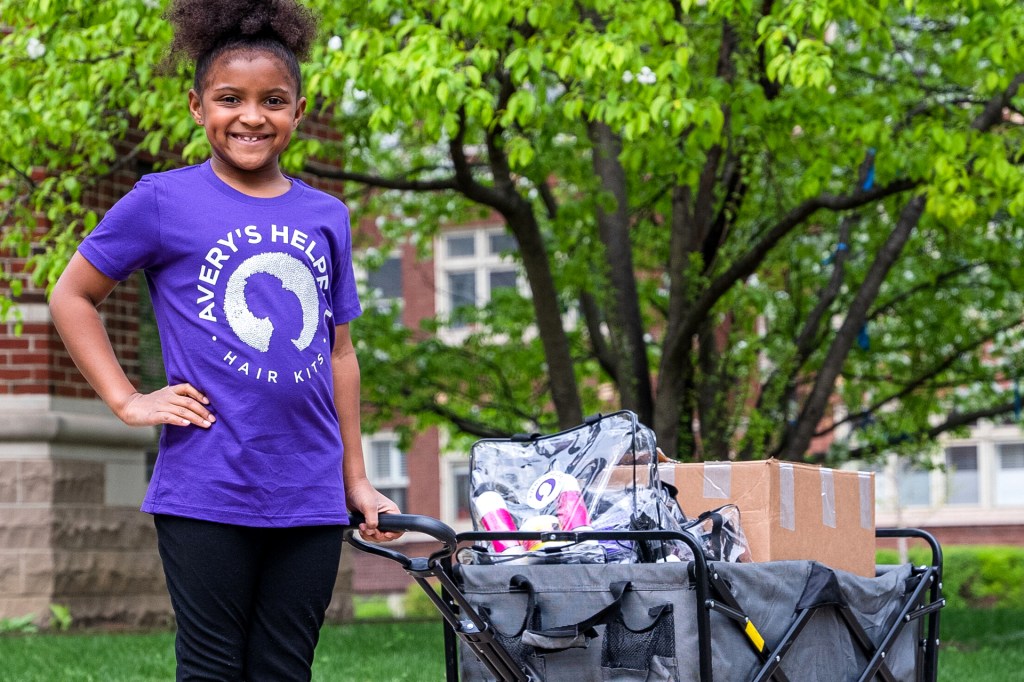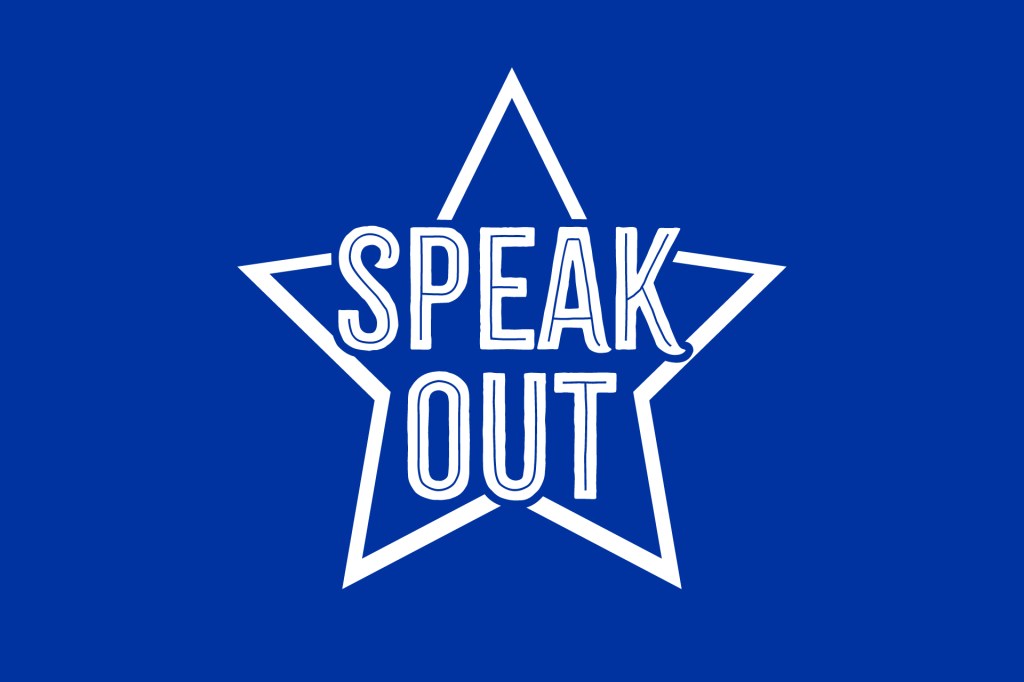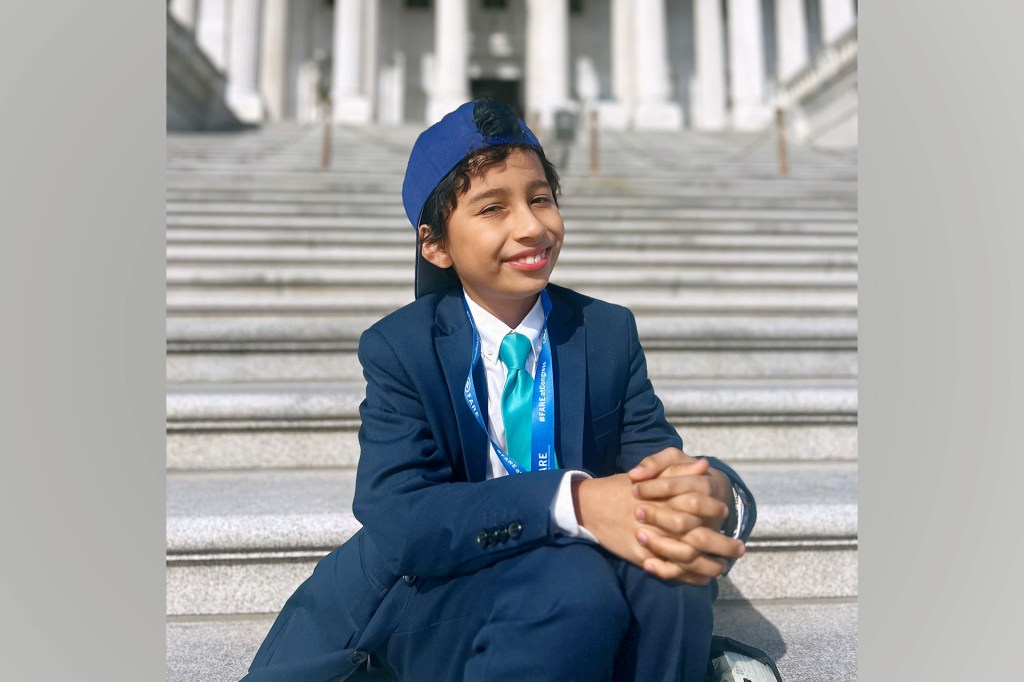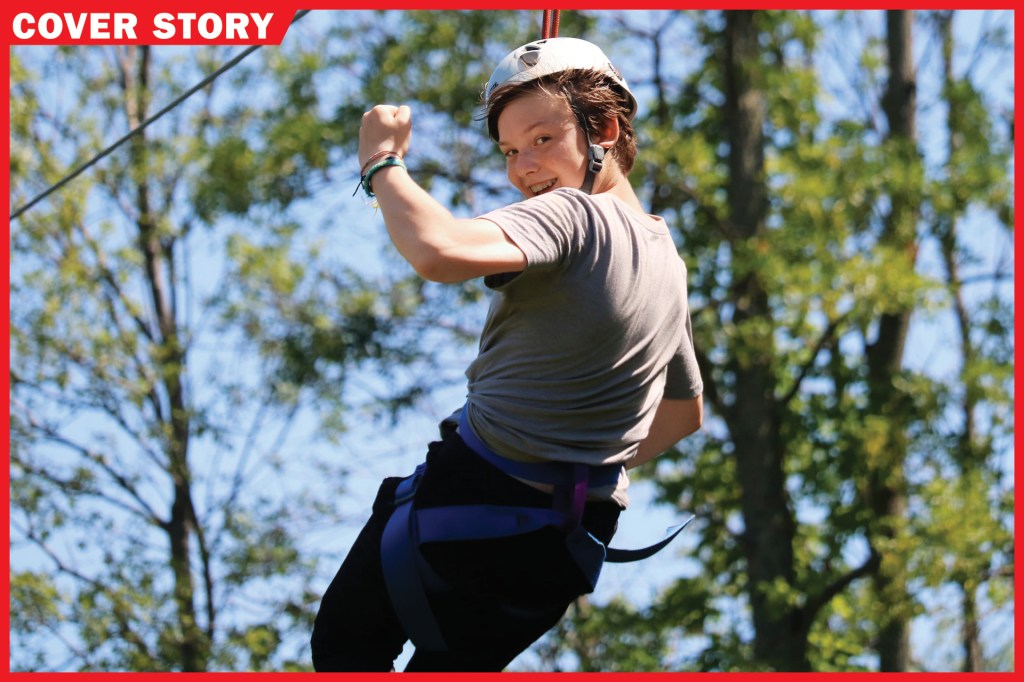
Last summer, 16-year-old Alaysia Thomas went to sleepaway camp for the first time. She enjoyed canoeing, horseback riding, and other outdoor activities. But her favorite part was “just coming back to the little cabin and talking to all the girls,” she told TIME for Kids. “I made a lot of great friendships.”
Making friends is one of the best parts of any camp. At Alaysia’s camp, however, friendships are based on something all the kids share: having a parent in the military. Some, including Alaysia and her younger sister, Alivia, have two.
The camp the girls went to, in Williamsburg, Virginia, is one of several Operation Purple camps across the country. The program is run by the National Military Family Association (NMFA). This summer, the group will host camps at 15 locations. The free, weeklong camps are for kids ages 7 to 17. Registration opened March 4.
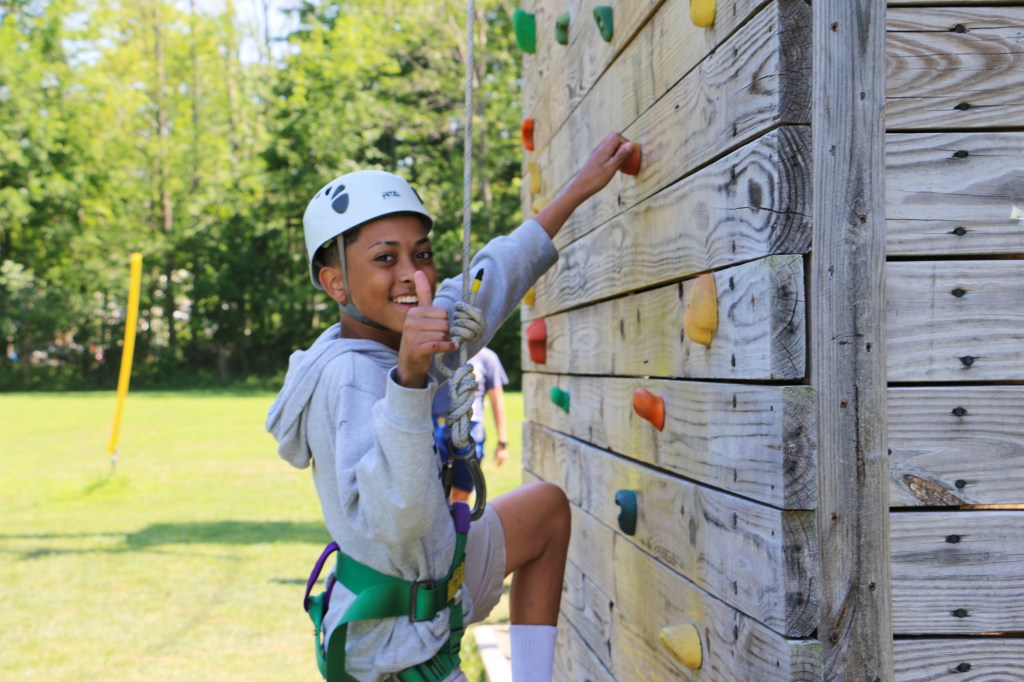
GOING UP? Operation Purple campers take on challenges such as climbing to test their skills and build confidence.
COURTESY THE NATIONAL MILITARY FAMILY ASSOCIATIONThe camps are some kids’ first opportunity to be around others who have parents in the military. “This is a chance for them to come together,” says NMFA’s military family programs director, Hannah Pike.
Stephanie Thomas is grateful for that chance. She is Alaysia and Alivia’s mother, and a supply specialist in the United States Army. “We sacrifice
sacrifice
 DAN KENYON/GETTY IMAGES
to give up something for a belief or purpose
(verb)
Stanley had to sacrifice a trip to the beach in order to finish his book report.
a lot for our country,” she says. “And that little bit given back, to take care of our kids—it’s appreciated.”
DAN KENYON/GETTY IMAGES
to give up something for a belief or purpose
(verb)
Stanley had to sacrifice a trip to the beach in order to finish his book report.
a lot for our country,” she says. “And that little bit given back, to take care of our kids—it’s appreciated.”
At Your Service
Since 2004, more than 62,000 kids have attended an Operation Purple camp. According to Pike, popular sites might get more than 500 applications for just 150 slots. Priority
priority
 WUNDERVISUALS/GETTY IMAGES
the state of coming before another in time or importance
(noun)
When boarding an airplane, priority is given to people who are disabled or elderly.
is given to kids with a parent who has recently been or will soon be deployed
deploy
WUNDERVISUALS/GETTY IMAGES
the state of coming before another in time or importance
(noun)
When boarding an airplane, priority is given to people who are disabled or elderly.
is given to kids with a parent who has recently been or will soon be deployed
deploy
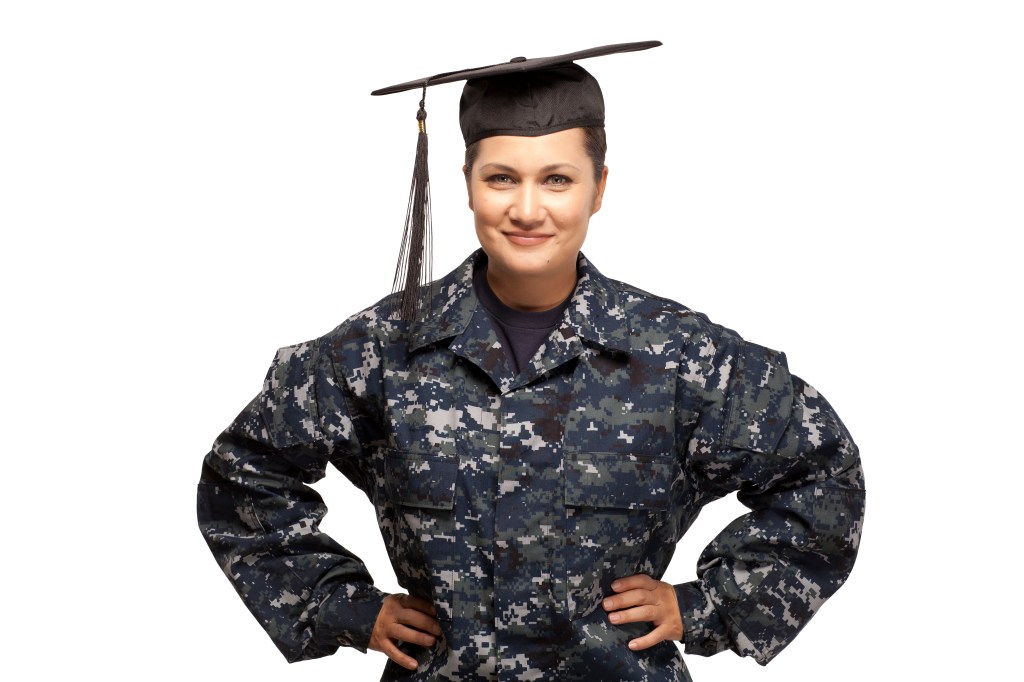 VIDEODET/GETTY IMAGES
to send a member of the military where he or she is needed
(verb)
Soon after graduating from the military academy, Mariah was deployed.
. Spots are also held for children of wounded service members.
VIDEODET/GETTY IMAGES
to send a member of the military where he or she is needed
(verb)
Soon after graduating from the military academy, Mariah was deployed.
. Spots are also held for children of wounded service members.
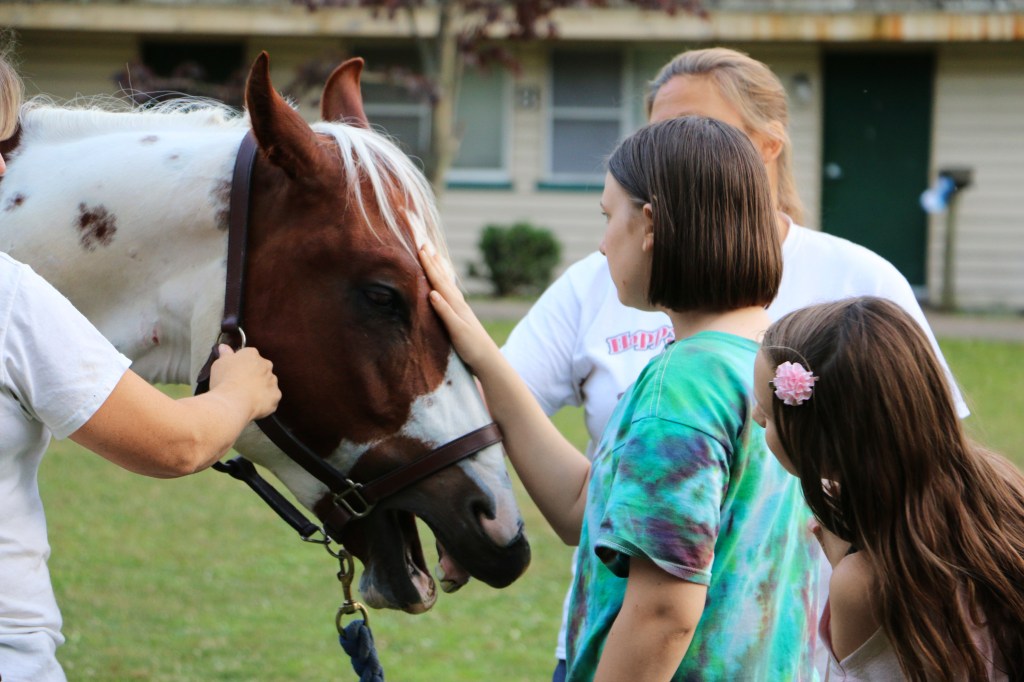
HI, HORSE Horses and other animals may be part of an Operation Purple experience.
COURTESY THE NATIONAL MILITARY FAMILY ASSOCIATIONAnother part of the program’s appeal is its price tag. “Military families often struggle with finances
finances
 MOMO PRODUCTIONS/GETTY IMAGES
the amount of money a person has and how it is used
(noun)
Wanda began saving money to help improve her finances.
,” Amy Bushatz says. Her son, David, is 9. He went to camp in Cooper Landing, Alaska. “It doesn’t hurt that it’s free.”
MOMO PRODUCTIONS/GETTY IMAGES
the amount of money a person has and how it is used
(noun)
Wanda began saving money to help improve her finances.
,” Amy Bushatz says. Her son, David, is 9. He went to camp in Cooper Landing, Alaska. “It doesn’t hurt that it’s free.”
So who pays? “We have some incredibly generous donors
donor
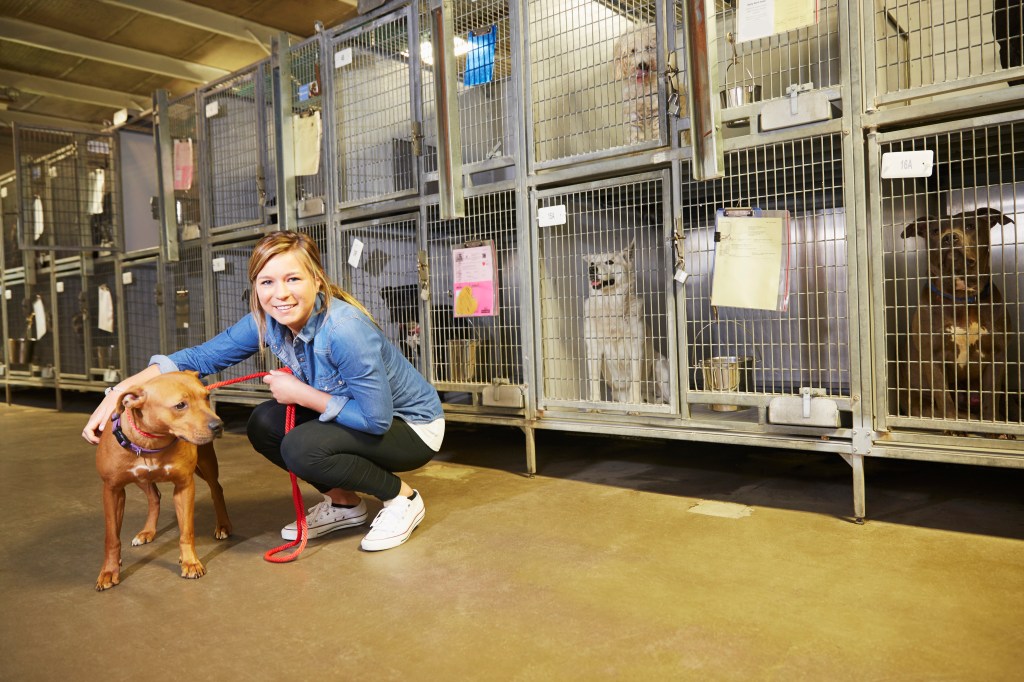 CAMILLE TOKERUD/GETTY IMAGES
someone who gives money or other items to help a person or organization
(noun)
The animal shelter gets money from donors in our community.
,” Pike says. Last month, the Wounded Warrior Project announced a $750,000 grant to Operation Purple. The money will help send 1,600 kids to camp.
CAMILLE TOKERUD/GETTY IMAGES
someone who gives money or other items to help a person or organization
(noun)
The animal shelter gets money from donors in our community.
,” Pike says. Last month, the Wounded Warrior Project announced a $750,000 grant to Operation Purple. The money will help send 1,600 kids to camp.
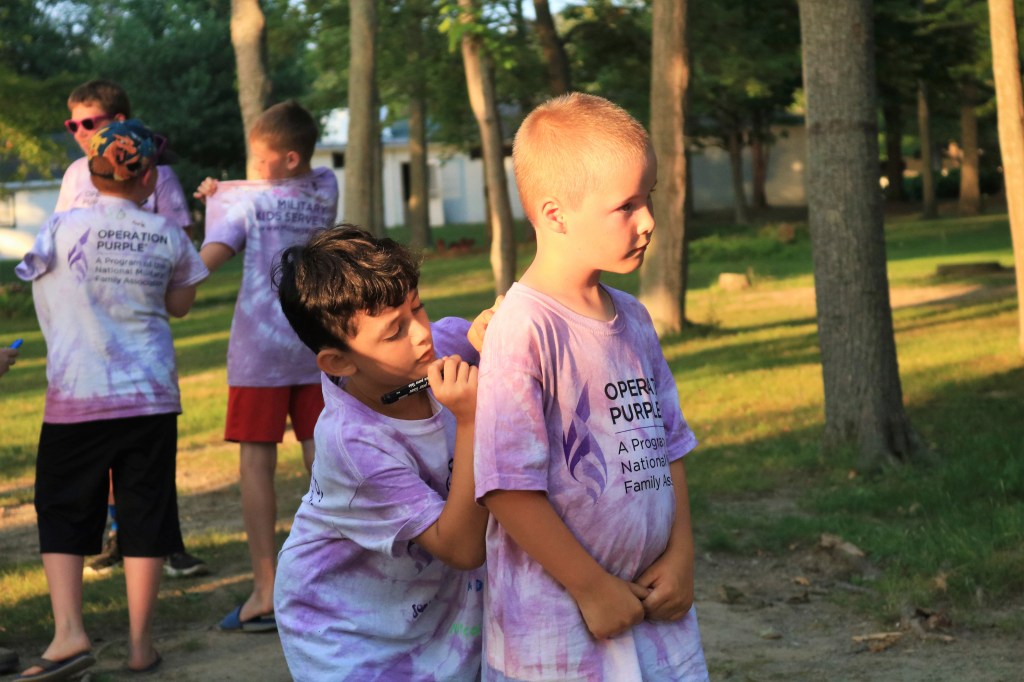
DON'T FORGET TO WRITE Children sign messages on each other’s T-shirts on the last day of the weeklong camp.
COURTESY THE NATIONAL MILITARY FAMILY ASSOCIATIONStrength and Honor
Military children face unique challenges. According to the American Academy of Pediatrics, military families might move every two to four years, which means kids can switch schools nine times by age 18.
Coping with a deployment can be difficult too. But a 2016 study by the RAND Corporation found that being with other military kids lowers a child’s risk of depression and anxiety. At an Operation Purple camp, kids bond with new friends who understand their experience. And Pike says each camp has two counselors trained to help military kids who are going through a tough time.
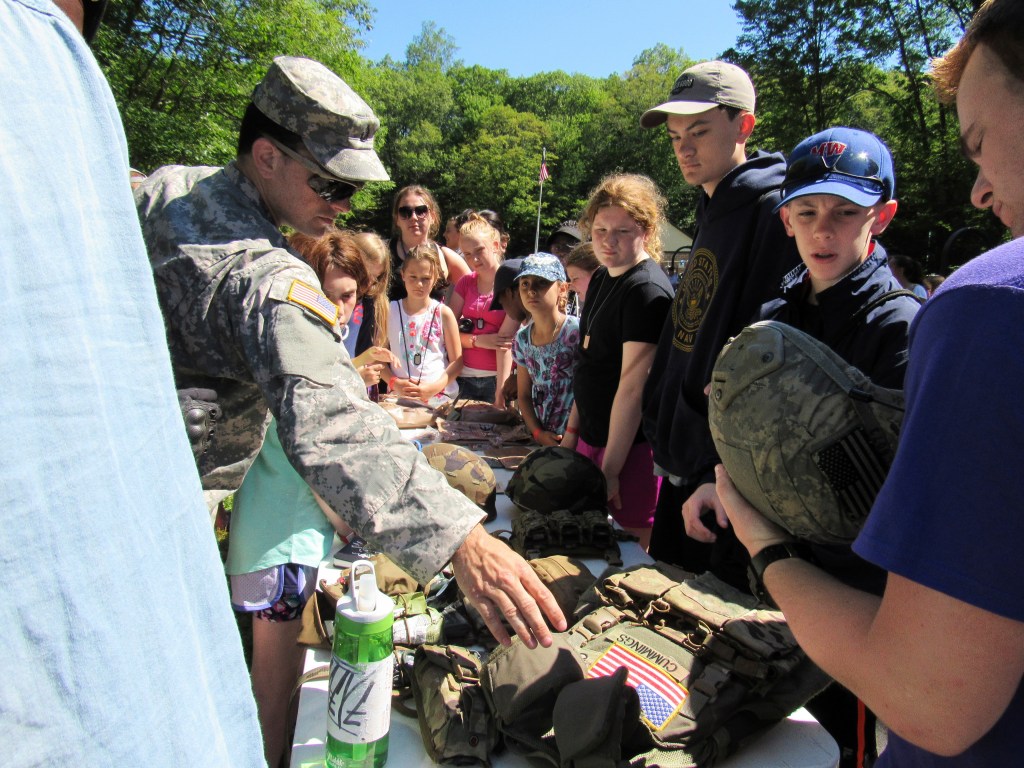
MILITARY DAY On this day, the National Guard brings in military items. They might even bring tanks or helicopters.
COURTESY THE NATIONAL MILITARY FAMILY ASSOCIATIONCampers also take part in events designed to strengthen their connection to their military background. On a military-themed day, campers add pictures to a Wall of Honor. Alaysia Thomas remembers making a poster about her family for her camp’s display. When asked if she is proud of her parents and their role in the military, her answer came quickly: “Very.”
Sidebar: Bring a Buddy
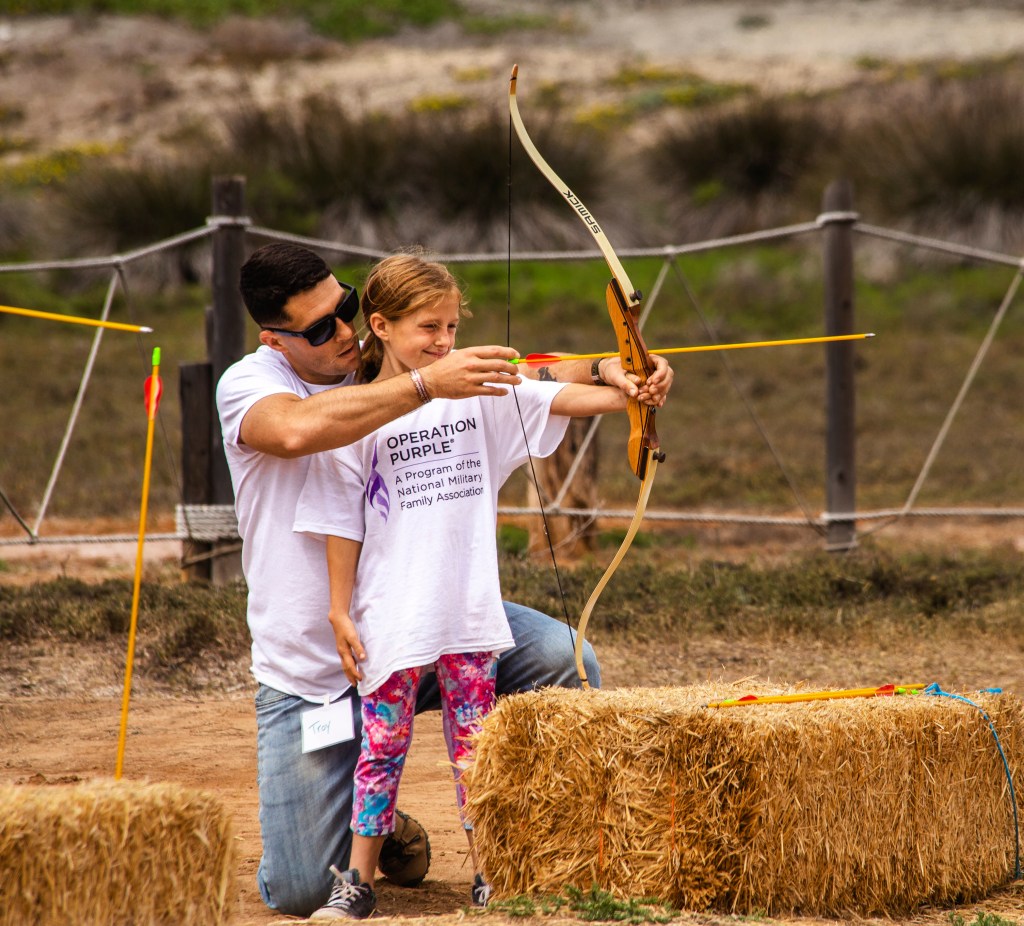
About 1.7 million kids have a parent in the U.S. military, according to the U.S. Department of Defense. Operation Purple aims to serve as many of them as possible.
That’s where Buddy Camp comes in. This Operation Purple program is for young children who may not be ready to attend sleepaway camp on their own. At a Buddy Camp, military kids ages 5 to 8 bring along a “buddy,” such as a parent, grandparent, or caretaker, for a free weekend. “It’s a really special bonding experience,” says Hannah Pike of the NMFA.
Stop & Think! What sources does the author refer to in the article? Sources include people, organizations, and publications. How do journalists use sources to report a news story?






